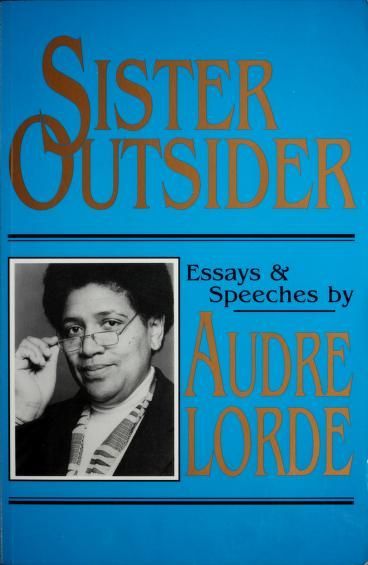
Reviews
biddy@silksparrow
Patricia K@thepoemzone
🪢@dictee
Cloudface@cloudface
Syrina@syrinaina
Lydia Enge@lydianliterature
Jamieson@jamiesonk
Chiyeung lau@chiyeung
Kamerin Villagomez@kamv
Sahi K@sahibooknerd
Jales@jales
John Balek@cruelspirit
miranda@miranda-rc
Marion@mariorugu
Mia McCoy@mmccoy22
Stas@stasreads333
Alex@books_alex_reads
marketa@market333
Gabriella Lanouette@developergab
blake@niphredilpages
Meg@emvy
Sasha Endoh@sashaendoh
Isabella Agostino@bellaray
Mina@minabookworm
Highlights
Marion@mariorugu
Marion@mariorugu
Ana Belén@anieloves
Ana Belén@anieloves
Ana Belén@anieloves
Ana Belén@anieloves
Ana Belén@anieloves
Cloudface@cloudface
Page 147
Cloudface@cloudface
Page 116
Cloudface@cloudface
Page 111
Syrina@syrinaina
Page 165
Syrina@syrinaina
Page 156
Syrina@syrinaina
Page 136
Syrina@syrinaina
Page 133
Syrina@syrinaina
Page 119
Syrina@syrinaina
Page 76
Syrina@syrinaina
Page 63
Syrina@syrinaina
Page 45
Syrina@syrinaina
Page 45
Syrina@syrinaina
Page 38
Syrina@syrinaina
Page 37
Syrina@syrinaina
Page 35
Syrina@syrinaina
Page 29
Syrina@syrinaina
Page 26